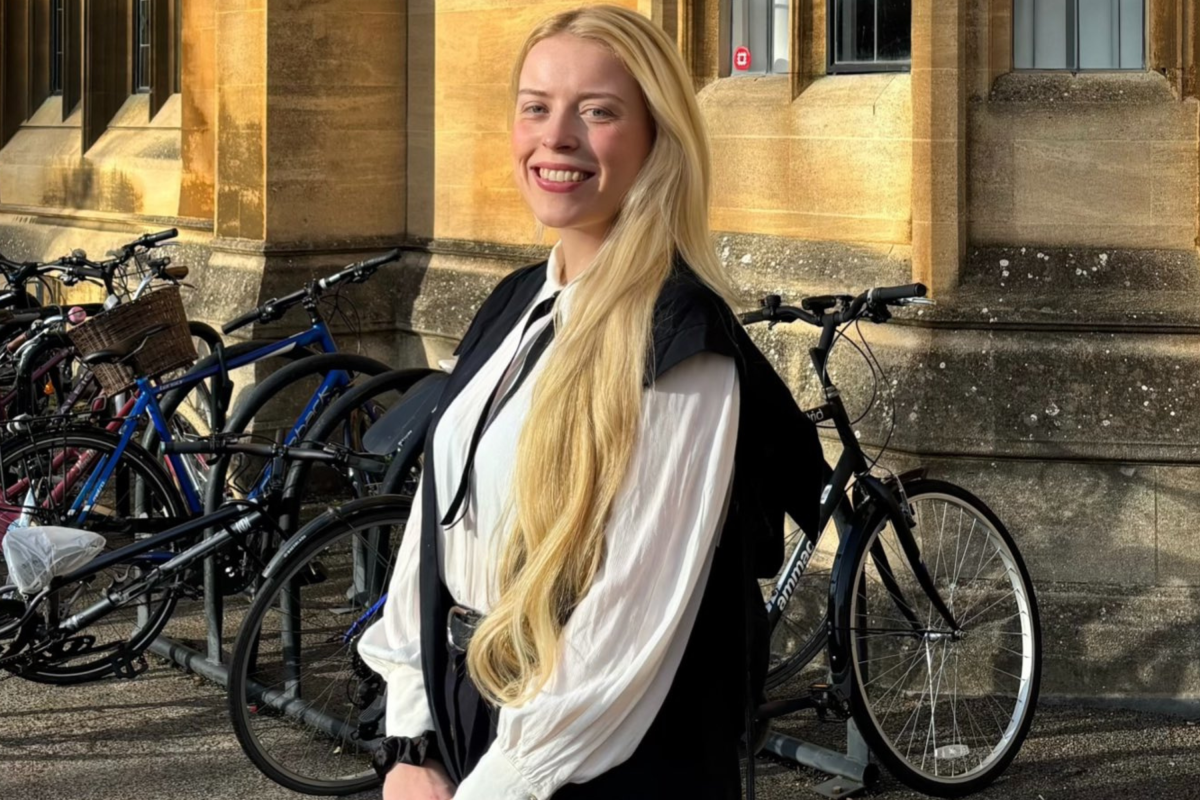UPDATE: A shocking wave of sexism has erupted online after Dr. Juliet Turner, a 27-year-old ecologist who recently earned her Ph.D. from the prestigious University of Oxford, celebrated her academic achievement on social media. In a post shared on November 14, 2023, Turner declared, “You can call me Doctor,” only to face an avalanche of derogatory comments questioning her life choices.
Turner, whose groundbreaking thesis focused on the evolution of cooperation in insects, completed her four-year program with a successful defense known as a viva. Her achievement, which garnered over 51,000 likes, quickly turned sour as internet trolls unleashed a barrage of misogynistic remarks.
“Just look at the degree on that chick,” one user mocked, while another commented on her personal life, saying, “She’s got a Ph.D. in Biology but failed miserably—30 years old and zero kids.” The reality? Turner is 27 years old, not 30, and her accomplishment in academia has sparked a troubling conversation about women’s roles in science and society.
“It’s really hard to process the scale of it,” Turner told Newsweek, expressing her surprise at the negative backlash. “Every time I open the app, I’m flooded by new posts about my thesis, my eggs, or my life choices!” Despite the negativity, she noted that the attention has also spurred interest in her research.
The incident highlights a growing trend of misogynistic behavior online, particularly within the Gen Z demographic. A recent survey by Amnesty International revealed that 73 percent of U.K. respondents have witnessed misogynistic content online, with 70 percent believing such language has increased significantly. Platforms like TikTok and Instagram have been cited as major offenders.
Responding to the trolling, Turner stated, “The idea that doing a Ph.D. means you probably won’t have children is odd. I come from an academic family, so I’m living proof that academics can have families too.” She emphasized the disparity between public perceptions and her personal experiences, noting that views about women in STEM are not as extreme in real life.
Turner, now working as a pollinator ecologist, is actively engaged in applied conservation research in the U.K. She expressed her enthusiasm for returning to fieldwork, stating, “It’s nice to be working with real organisms again.”
This incident serves as a critical reminder of the ongoing challenges women face in academia and beyond. As Turner continues her career, she hopes to initiate discussions around the intersection of professional aspirations and personal choices for women in science.
The conversation is far from over, and as social media users rally in support of Turner, her story underscores the urgent need for a cultural shift in how society perceives women’s achievements, especially in fields traditionally dominated by men.
Keep an eye on this developing story as it raises vital questions about gender equality and the treatment of women in academia.
